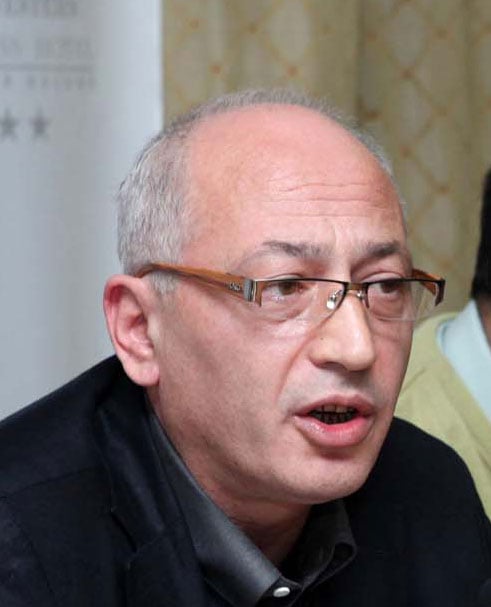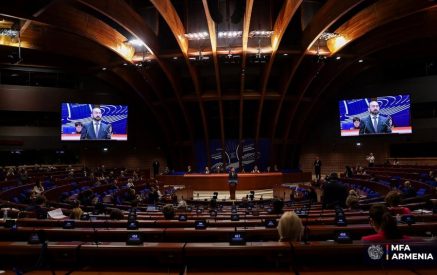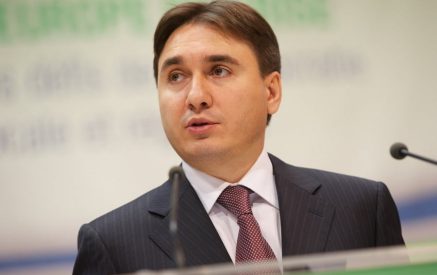On October 3, the Parliamentary Assembly of the Council of Europe adopted a resolution, which defined the term “political prisoner.” According to it, “A person deprived of his or her personal liberty is to be regarded as a ‘political prisoner’:
* if the detention has been imposed in violation of one of the fundamental guarantees set out in the European Convention on Human Rights (ECHR) and its Protocols, in particular freedom of thought, conscience and religion, freedom of expression and information, freedom of assembly and association;
* if the detention has been imposed for purely political reasons without connection to any offence;
Read also
* if, for political motives, the length of the detention or its conditions are clearly out of proportion to the offence the person has been found guilty of or is suspected of;
* if, for political motives, he or she is detained in a discriminatory manner as compared to other persons.”
In this regard, the PACE invites the competent authorities of all the member states of the Council of Europe “to reassess the cases of any alleged political prisoners by application of the above-mentioned criteria and to release or retry any such prisoners as appropriate.”
Tigran Ter-Yesayan, the director of the Forum human rights center, who is a representative in many sensational trials in the European Court of Human Rights said to Aravot regarding this definition, “They referred to the European Convention on Human Rights, but they didn’t point out specific articles of the Convention. However, we can realize from the general context which articles of the Convention those are – say Article 10 (Freedom of expression), Article 11 (Freedom of assembly and association), Article 14 (Prohibition of discrimination).
“Now a question arises whether it is necessary that one who is arrested or tried in the given country is engaged in politics, in order that the ECHR finds that he was tried wrongfully and uses the articles in the PACE definition to call him a political prisoner. It is not only for politicians. For example, they can enter a church, as the Pussy Riot members did in Russian and do that kind of things, then file a petition in the European Court under Article 14 and they will become political prisoners.
Homosexuals may wish to organize marches or rallies and if the state doesn’t allow, they are tried, they may file a petition in the European Court and will be called politically persecuted persons.
So it is not right that the PACE as a political organization made this definition for politicians and without any reservations.”






















































